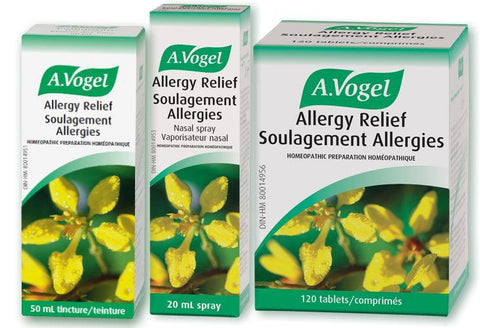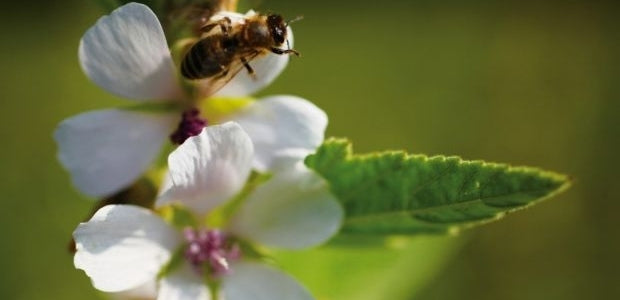Bees may seem at first glance unwanted - it is that we tend to forget the important role that they play in our ecosystem and the unexpected boost that they give to farmers and gardeners. In comparison with wasps, the bees are generally less aggressive and enclosed to sting - unless it is caused, of course!
Three distinct types of bees are regulars of residential gardens. The most familiar is undoubtedly the hairy and ventru bourdon; Easily recognizable by its size, its contrasting stripes and its noisy and erratic flight. There are also domestic bees, in less bright colors, specialized in the production of honey; And, ultimately, a number of small more discreet bees which, unlike bumblebees and very social honey bees, live alone.

If bees occupy a special place among useful insects, it is because of their function of pollinator - a most crucial economic and ecological mission! When they harvest nectar and pollen, bees contribute at the same time to pollinate a wide variety of wild flowers and cultivation plants, including rapeseed.
Based on the fact that about a third of the foods we consume depend on the pollination by bees, the commercial value of the latter - in Canada only - is estimated to $ 1.2 billion per year (250 billion worldwide!). If other insects such as wasps, butterflies and ladybugs also participate in pollination, it is the bees that do the biggest work when they turn. Their posterior legs are indeed equipped with pollen baskets which provide the transport of the precious matter.
In addition to making the delicious honey, domestic bees also give us propolis, an antiseptic resinous substance that they collect on the trees and which they use to sterilize their nests. Propolis is increasingly used in alternative medicine.
Despite their important role, several species of bees are declining, and about a quarter of our native species are currently threatened. This situation is the result of the use of herbicides that kill wild flowers and the destruction of habitats allowing to shelter the nests of the bees. As if that were not enough, honey bees are continuously living under the threat of Varroa, a hematophagus parasite that devastates both commercial hives and wild honey bee colonies.
Bees should always be welcome in your garden; You even have an interest in encouraging their presence by cultivating rich plants in nectar such as red clover, purple digital and black Centauré. You can also arrange places where they can make their nests.
Information presented by: Avogel.



